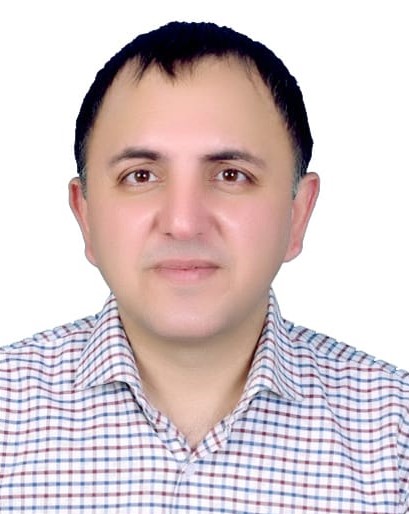
By Atiq Raja
In an age defined by complexity, creativity and rapid change, the question of what makes a person intelligent has never been more urgent—or more misunderstood. Intelligence has long been measured by narrow metrics: an IQ score, an academic degree, a knack for acing standardized tests. Yet, as society evolves and the demands of everyday life shift, this definition feels increasingly outdated. The truth is, intelligence is not one thing. It is many things, and often, the most vital forms are those that can’t be measured with numbers. To be intelligent today is to be adaptable in the face of uncertainty, to have the emotional acuity to understand others, the resilience to learn from failure, and the creativity to imagine new ways forward.
It’s in the mother who negotiates with a tantrum-prone toddler, the community organizer who finds common ground among divided groups, the artist who captures emotions that language fails to express. These examples rarely feature in school report cards, yet they reflect a form of intelligence that’s both human and essential. The psychologist Howard Gardner, in his influential theory of Multiple Intelligences, helped widen our view of intelligence decades ago. His framework rejected the idea of a single mental ability and instead proposed that people express intelligence in various ways. Some communicate through poetry or persuasive speech. Others solve complex equations, compose music, choreograph dances, or nurture gardens with a sensitivity that speaks to something deeper than rote knowledge.
Gardner’s framework doesn’t just describe differences—it dignifies them. It tells a child who struggles in math class but excels in storytelling that their gifts are valid. It acknowledges the brilliance of a mechanic who understands machines the way a painter understands color. It recognizes that the capacity to lead, to comfort, to reflect, or to innovate, all carry a form of intelligence worthy of respect. This shift matters because intelligence, like any resource, is shaped by opportunity. If we only reward one type—academic or logical intelligence—we risk stifling the others. Schools, workplaces, and even parenting methods often prioritize cognitive performance over emotional insight, practical skills, or creative exploration.
It has left generations of individual’s labelled “average” or “underperforming,” when in truth, they simply speak a different language of intelligence. And it doesn’t stop at recognition. Intelligence can be cultivated. Contrary to the old belief that people are born with fixed mental capacities, modern neuroscience shows the brain is remarkably plastic. We can nurture and grow our various intelligences throughout life, not just in childhood. The adult who picks up a musical instrument for the first time, the retiree who learns a new language, the teenager who practices mindfulness to understand their emotions—each is investing in their own intelligence. Lifelong learning plays a pivotal role here. It’s not about returning to school, necessarily, but about staying mentally curious. Reading widely, engaging with different cultures, asking questions without fear of being wrong—all of this keeps our minds agile.
Emotional intelligence, too, has gained ground as perhaps the most essential form of intelligence in modern society. In workplaces, relationships, and communities, the ability to listen, empathize, and manage one’s emotions often outweighs technical expertise. And yet, this broader understanding has not fully permeated public consciousness. Schools still teach to the test. Employers still hire by credential. Children still grow up believing they are “not smart” because they don’t fit a narrow mould. That needs to change—not just for the sake of individual fulfilment but for collective survival. In a world grappling with climate crises, economic inequality, and polarized politics, we need intelligence that feels, collaborates, adapts and creates. We need gardeners and counsellors as much as coders and accountants.
Intelligence, in the end, is not just about knowing more—it’s about using what we know with purpose and compassion. It is a candle lit not in isolation, but in connection with the world around us. When we start seeing intelligence in its full spectrum—when we stop equating it solely with grades and degrees—we begin to unlock the potential of entire communities who were never allowed to believe they were intelligent in the first place. The challenge now is not just to redefine intelligence, but to reimagine the systems that reward and foster it. Because our future doesn’t just depend on the smartest minds—but on the wisest hearts, the keenest hands, and the bravest souls among us.
(The writer is a rights activist and CEO of AR Trainings and Consultancy, with degrees in Political Science and English Literature, can be reached at news@metro-morning.com)



